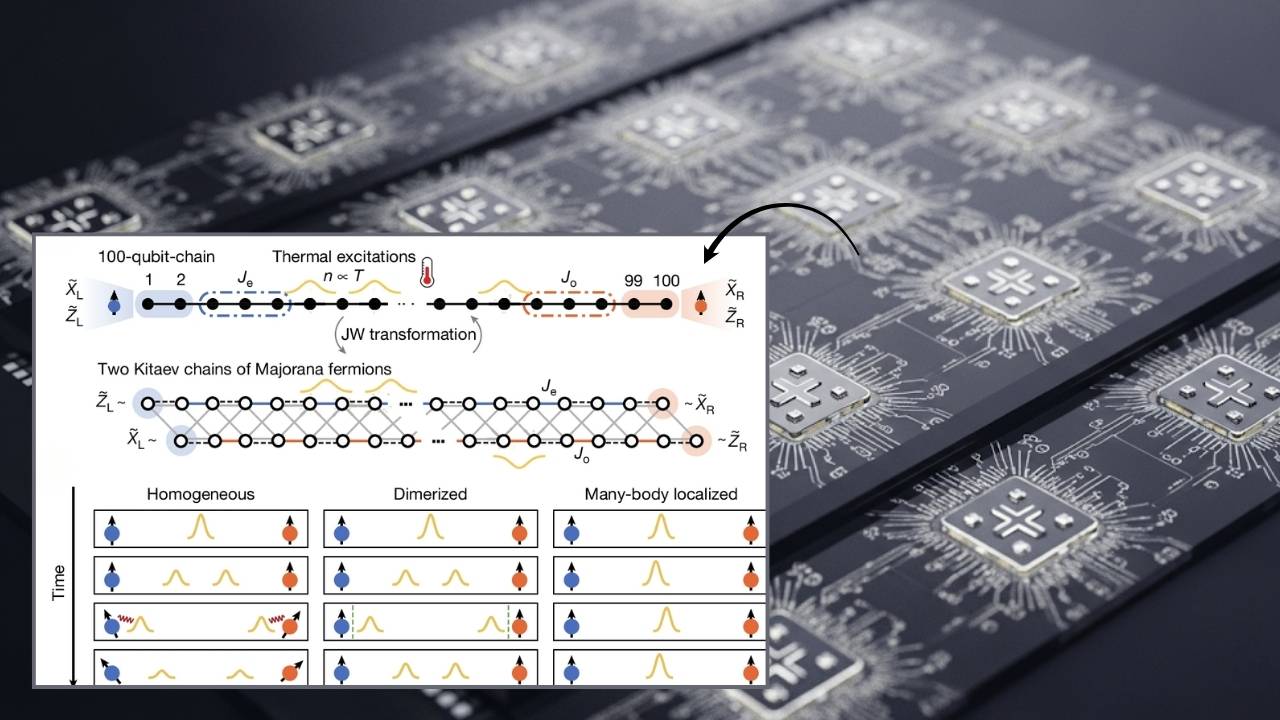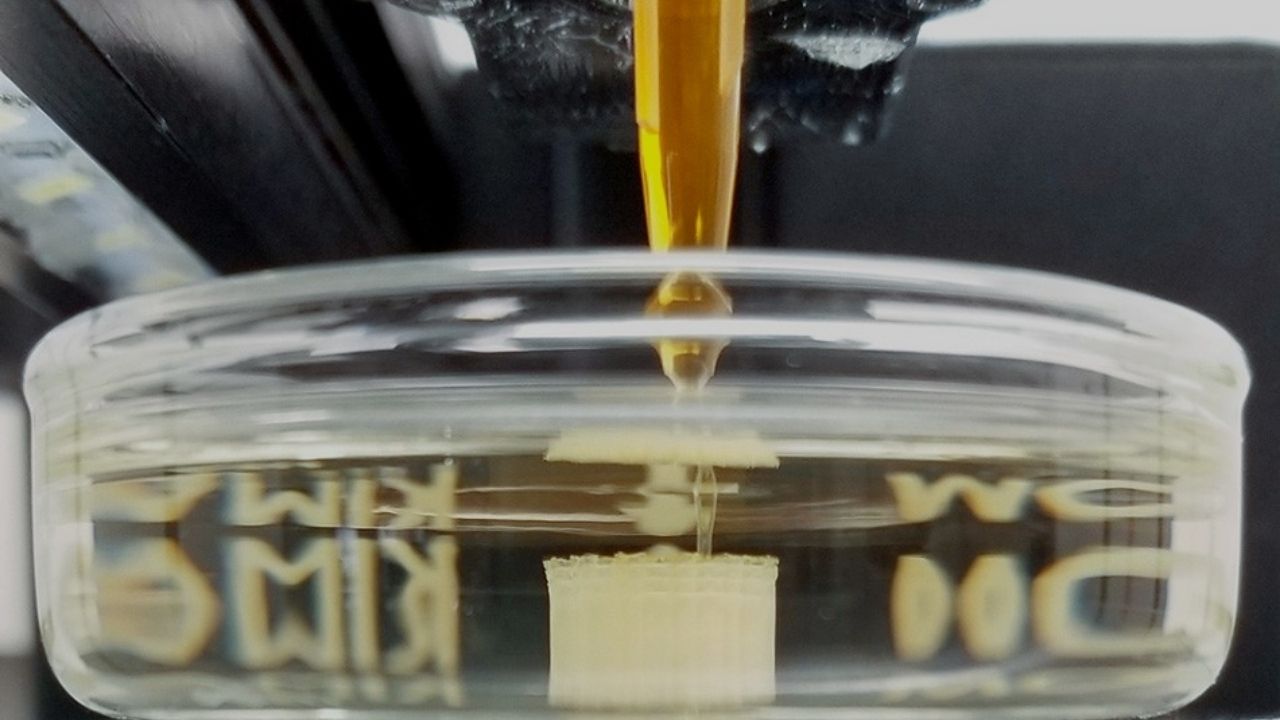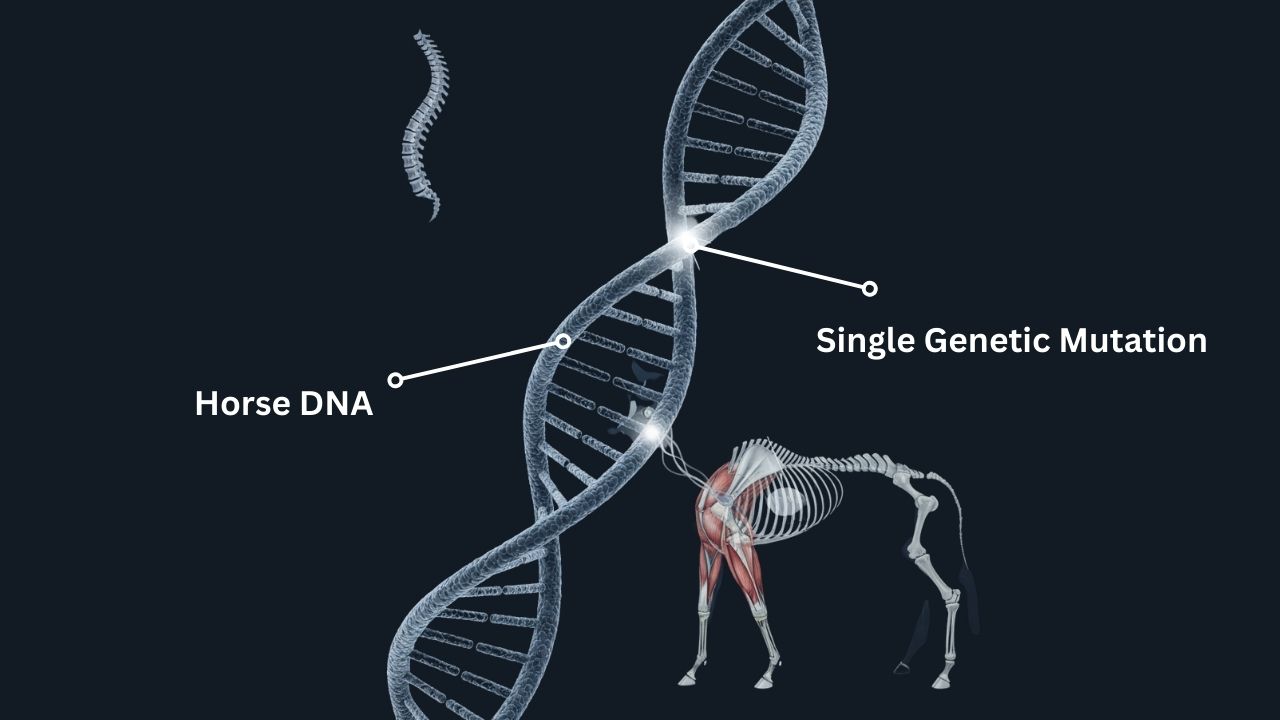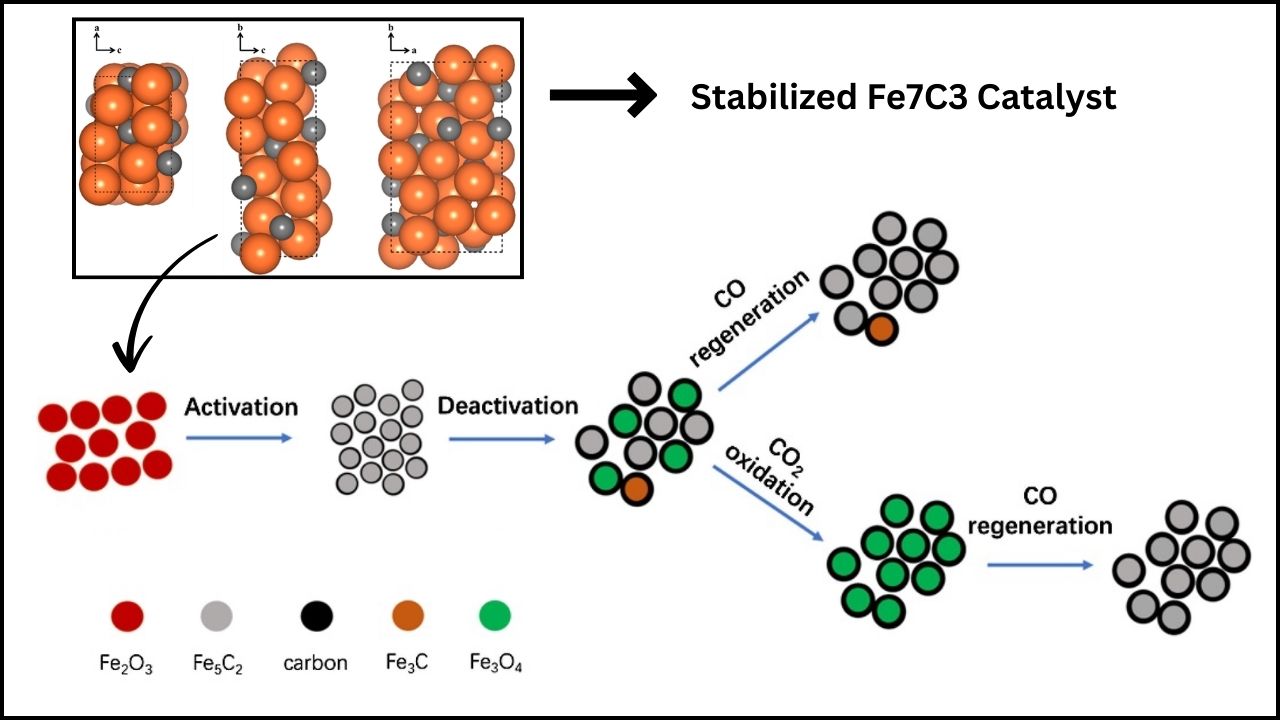Quantum Sensors: Quantum sensors are revolutionizing the way we approach some of the world’s most complex challenges, from diagnosing diseases earlier than ever to navigating spacecraft with pinpoint accuracy. In 2025, quantum sensors now deliver unmatched precision for medical and aerospace breakthroughs, ushering in a new era of innovation, reliability, and opportunity for professionals and the public alike.
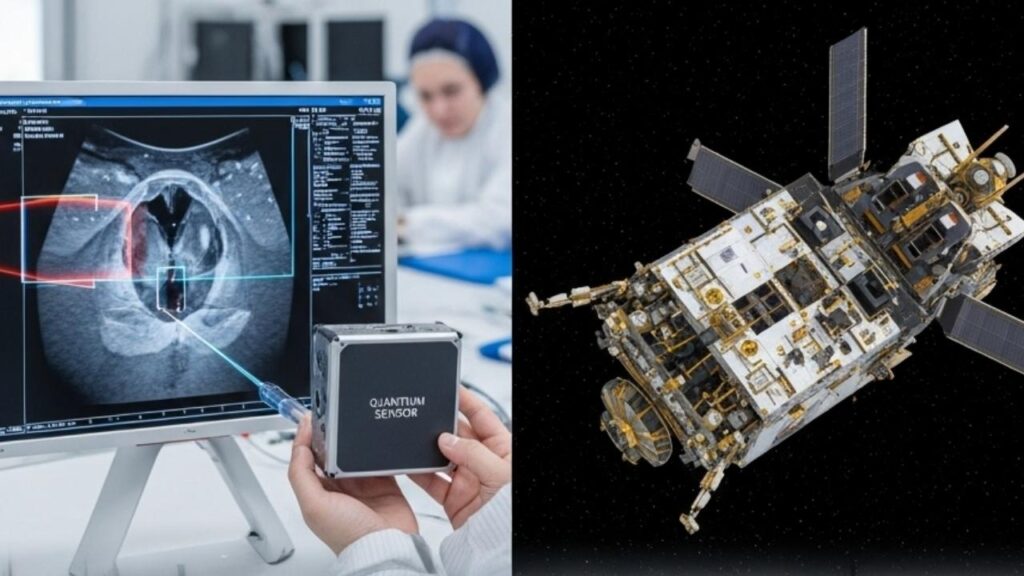
These cutting-edge devices harness the strange and powerful laws of quantum mechanics, allowing us to measure things that were previously invisible or impossible to detect. Whether you’re a curious student, a healthcare worker, or an aerospace engineer, understanding how quantum sensors work—and how they’re changing our world—has never been more important.
Quantum Sensors
| Key Point | Details |
|---|---|
| Quantum Sensors | Devices that use quantum mechanics for ultra-sensitive measurements in medicine and aerospace. |
| Medical Impact | Enable earlier disease detection, advanced imaging, and personalized medicine. |
| Aerospace Impact | Improve navigation, especially where GPS is unavailable, and enhance safety and efficiency. |
| Market Growth | Quantum sensors market projected to grow rapidly through 2045 (IDTechEx). |
| Challenges | High cost, need for miniaturization, regulatory hurdles. |
| Official Resource | NIHR Innovation Observatory Quantum Sensing Report |
Quantum sensors are not just a futuristic dream—they’re here now, delivering unmatched precision for medical and aerospace breakthroughs. From helping doctors catch diseases early to guiding spacecraft through the stars, these devices are changing the world. As costs come down and technology improves, expect to see quantum sensors in more hospitals, airplanes, and even wearable devices.
What Are Quantum Sensors?
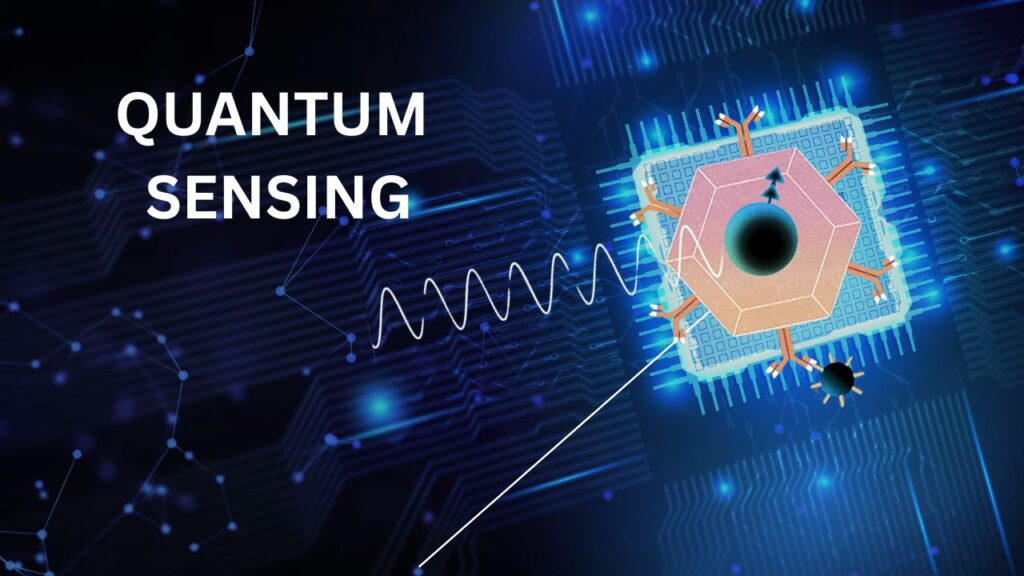
Quantum sensors are devices that use the unique properties of quantum physics—like superposition and entanglement—to measure things with incredible accuracy. Unlike ordinary sensors, which can be limited by noise or interference, quantum sensors can detect extremely small changes in magnetic fields, temperature, gravity, and even electrical currents.
Example:
A traditional thermometer might tell you the temperature of a room, but a quantum sensor can measure the tiniest changes in temperature inside a single cell!
How Quantum Sensors Are Transforming Medicine
Earlier Disease Detection
Quantum sensors are making it possible to spot diseases like Alzheimer’s, Parkinson’s, and heart conditions much earlier than before. For example, quantum magnetocardiography can measure the heart’s magnetic fields, helping doctors detect heart disease before symptoms appear.
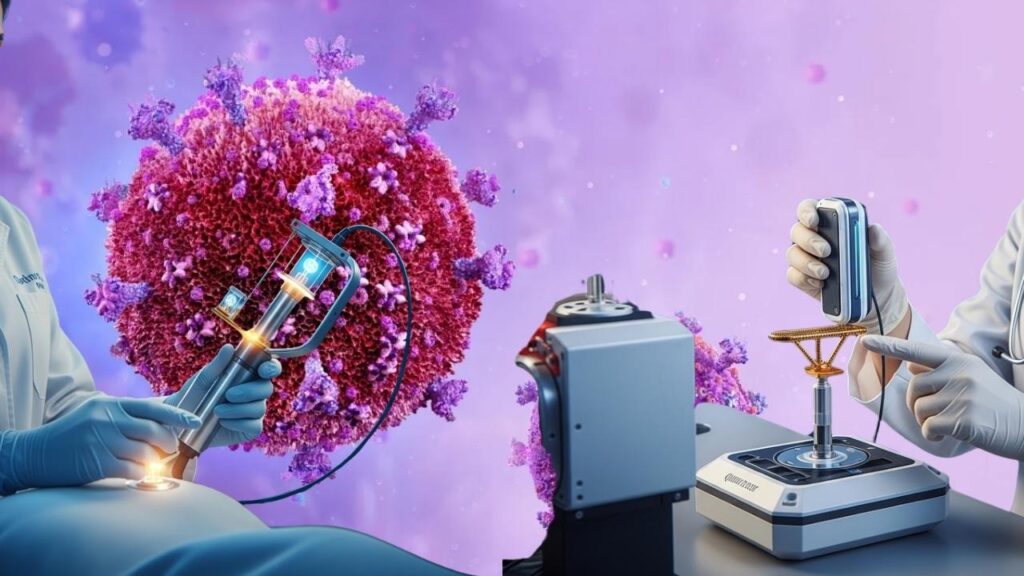
Practical Advice:
Hospitals are starting to use quantum sensors to get clearer images of the brain and heart, which means patients can get the right treatment sooner.
Advanced Medical Imaging
Quantum sensors allow for high-resolution imaging, even at the molecular or cellular level. This means doctors can see what’s happening inside the body in real time, without invasive procedures.
Example:
Diamond-based quantum sensors can help researchers study how cancer cells grow, leading to better treatments and potentially saving lives.
Personalized Medicine and Real-Time Monitoring
By integrating quantum sensors with artificial intelligence (AI), healthcare providers can monitor patients in real time and create personalized treatment plans. Wearable quantum devices could soon track vital signs more accurately than ever, even outside the hospital.
Professional Insight:
“Quantum sensors offer the possibility of significantly more efficient and accurate medical diagnoses for patients, thanks to their increased sensitivity and novel options for form factor.”
Aerospace Breakthroughs: Navigating the Future
Precision Navigation
In aerospace, quantum sensors are a game-changer for navigation—especially in places where GPS doesn’t work, like deep space or underwater. Quantum gyroscopes and accelerometers can help spacecraft and aircraft know exactly where they are and how they’re moving, making travel safer and more efficient.
Example:
SandboxAQ, an Alphabet spinoff, is developing quantum sensors for navigation systems that could guide satellites and aircraft even when GPS signals are blocked or unavailable.
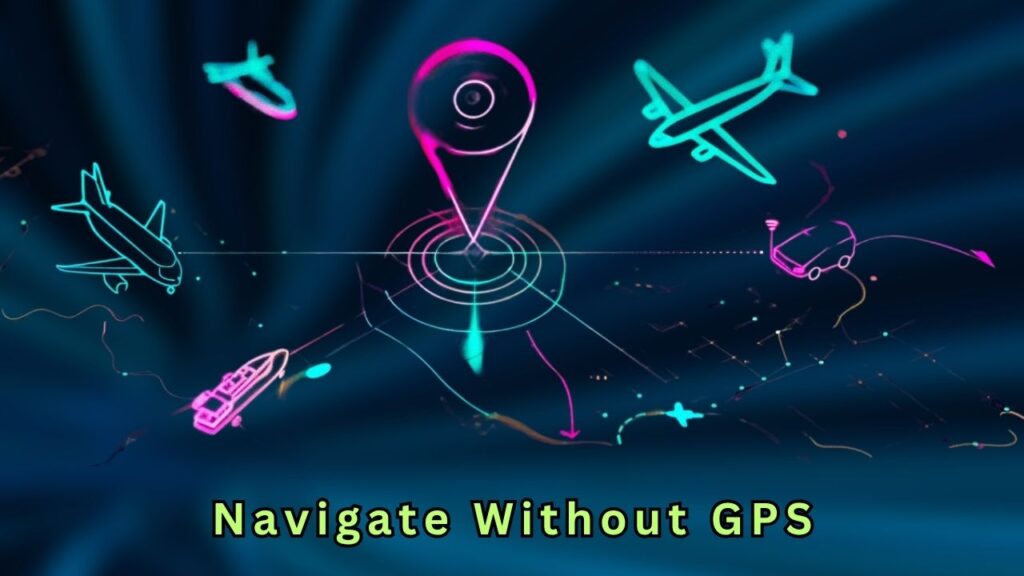
Enhanced Safety and Efficiency
Quantum sensors can detect tiny changes in gravity or magnetic fields, which helps engineers monitor the health of aircraft and spacecraft structures. This means problems can be found and fixed before they become dangerous.
Practical Advice:
Aerospace companies are investing in quantum sensor technology to reduce maintenance costs and prevent accidents, making air travel safer for everyone.
Market Trends, Growth, and Challenges
Rapid Market Expansion
The global quantum sensors market is expected to grow significantly in the next 20 years, with applications expanding in healthcare, aerospace, automotive, and more. As technology matures, costs are expected to decrease, making quantum sensors more accessible.
Overcoming Challenges
Despite their promise, quantum sensors face some hurdles:
- Cost: Current devices are expensive and sometimes bulky, making them hard to use in everyday settings.
- Miniaturization: Making sensors smaller and easier to use is a top priority for researchers and companies.
- Regulation: Medical devices must pass strict tests before they can be used with patients, which can slow down adoption.
Expert Tip:
Collaboration between engineers, doctors, and policymakers is crucial to speed up the safe and effective use of quantum sensors in real-world settings.
Step-by-Step Guide: How Quantum Sensors Work
Step 1: Quantum Principles
Quantum sensors rely on properties like superposition (where particles can be in multiple states at once) and entanglement (where particles are linked, even at a distance).
Step 2: Detecting Signals
These sensors pick up extremely small signals—like a faint magnetic field from the heart or brain—that ordinary sensors can’t detect.
Step 3: Data Analysis
The sensor’s data is processed, often with the help of AI, to filter out noise and highlight important information.
Step 4: Real-World Application
Doctors use the results to diagnose diseases, or engineers use them to guide spacecraft and monitor equipment.
Example for Kids:
Imagine you have super-hearing and can listen to a whisper in a noisy room. That’s what quantum sensors do—they find the important signals in a sea of noise!
Fluorescent Molecules Withstand Extreme Environments Using New Technique
Swarm Intelligence in Crazy Ants Offers Insights for Robotics
Experts Warn Quantum Cryptography May Not Be Fully Secure Yet
FAQs About Quantum Sensors
Q: What is a quantum sensor?
A: It’s a device that uses quantum physics to measure things with very high precision—like tiny magnetic fields or temperature changes.
Q: How are quantum sensors used in medicine?
A: They help doctors see inside the body more clearly, detect diseases earlier, and monitor patients in real time.
Q: Why are quantum sensors important in aerospace?
A: They provide accurate navigation and help keep aircraft and spacecraft safe by detecting problems early.
Q: Are quantum sensors available in hospitals today?
A: Some are, like MRI machines, but new types of quantum sensors are still being tested and improved before they become common in clinics.
Q: What challenges do quantum sensors face?
A: High cost, size, and the need for regulatory approval are the main challenges today.
